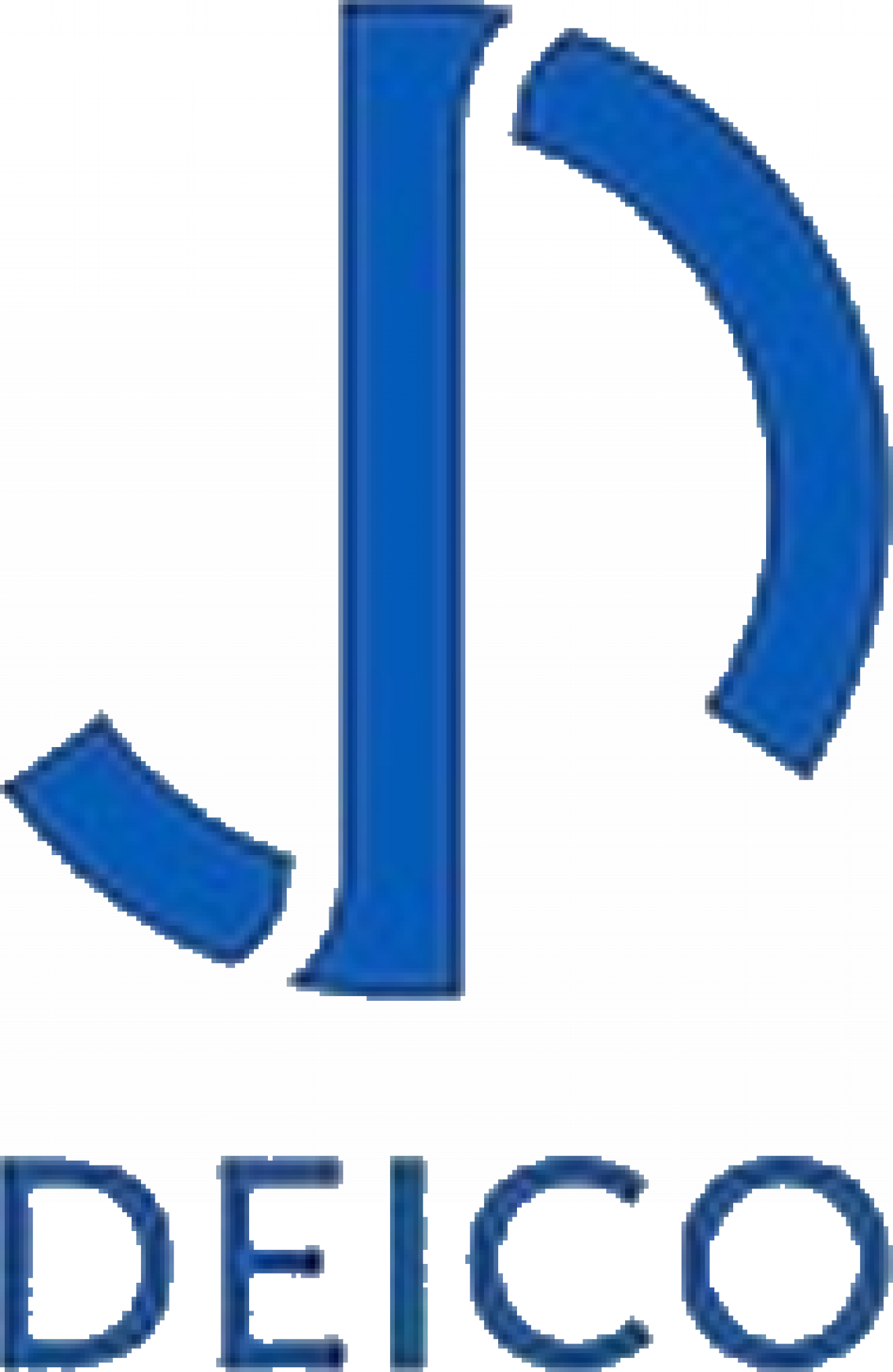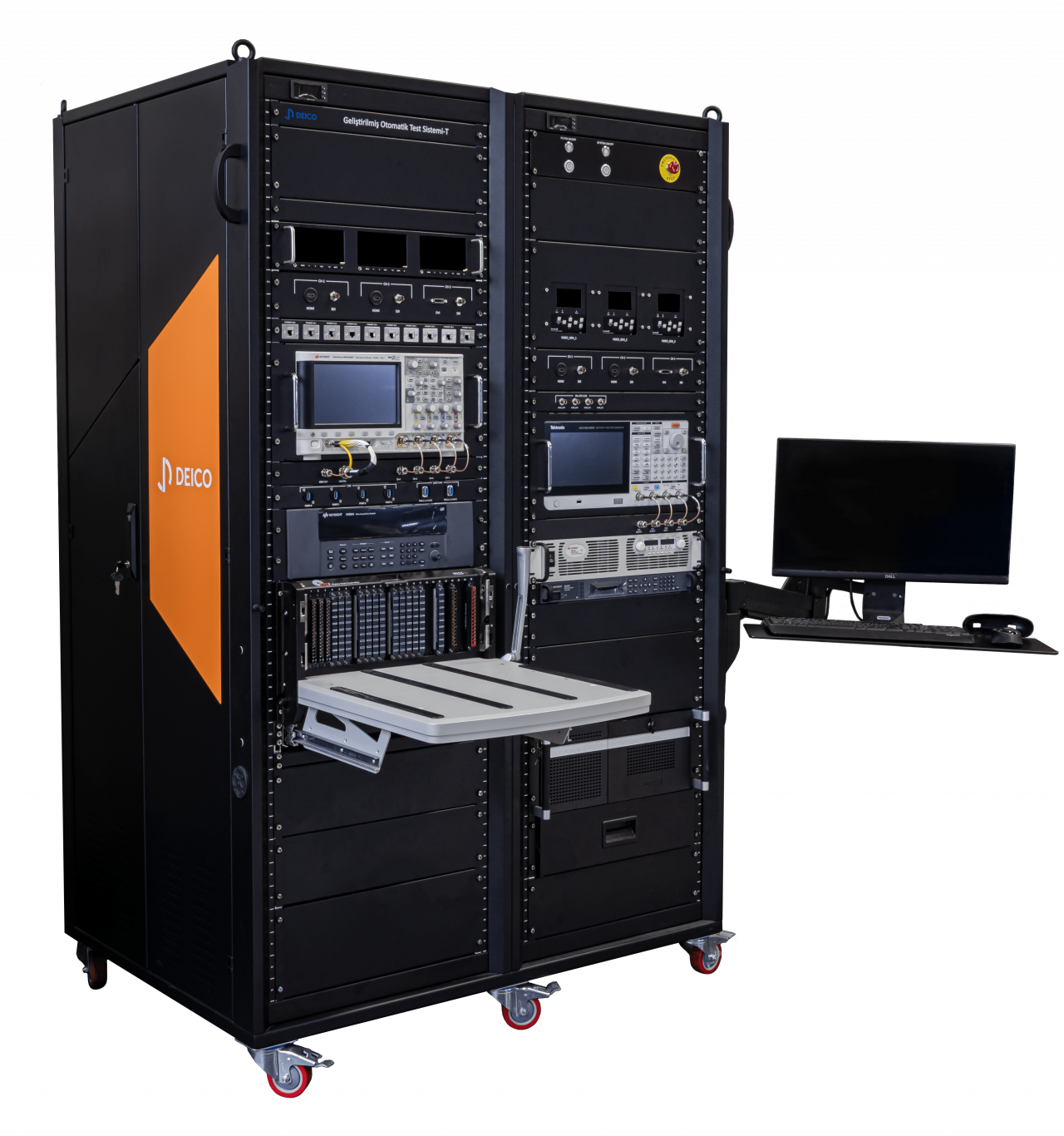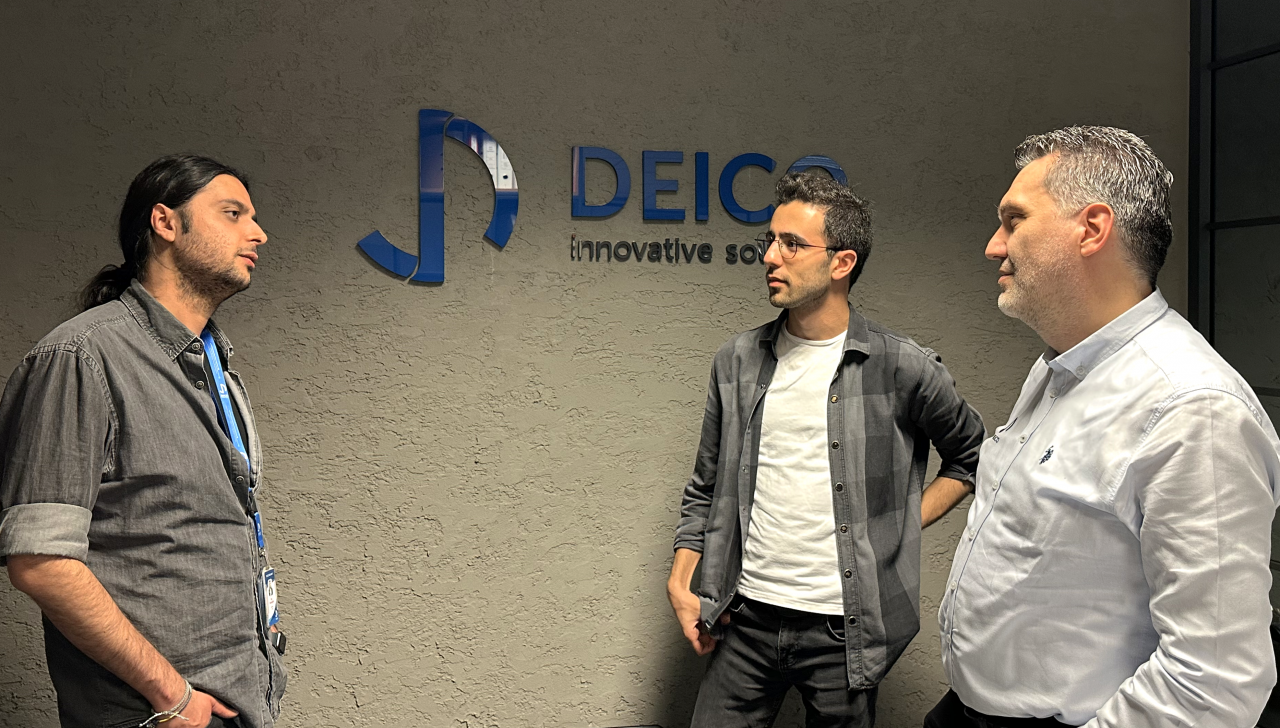
OpenTAP has an active and growing ecosystem of partners, developers and end-users. Ankara-based partner DEICO addresses automotive, aerospace and defense industries with customers in the EMEA region. Having recently joined the OpenTAP partner program. DEICO team members Hakan Toktaş, Efe Boyacigiller and Batuhan Yilmaz sat down with the OpenTAP team to provide more information about the company and its investment in OpenTAP.
OpenTAP: Where and how do DEICO and DEICO customers use OpenTAP? What challenges does an OpenTAP-based solution address?

Hakan ToktaŞ: DEICO is the major test solution provider in our country. We are actively using OpenTAP inside DEICO and also in solutions that we provide to our customers. We use OpenTAP for verification, test and qualification of electronic boards, units and systems.
Before OpenTAP, we used to develop test solutions in different environments for each project, but this was affecting our development process negatively. Each customer had different requirements and we had to come up with different solutions to meet those requirements. It prevented our teams from reusing previous developments and slowed down the development of new ones. With OpenTAP, we unified our solutions to provide a single test automation platform. Now, our engineers don’t need to create test automation software all over again for each and every product. This is really helpful for new engineers since they don’t go through the process of learning different development environments. They just develop the necessary plugins and test plans, which is much more straightforward, and rest of the job is done by OpenTAP.

Efe Boyacigiller: We also had the challenge of maintaining and versioning of our solutions. OpenTAP makes it easier to maintain our solutions because we can use OpenTAP package versioning and we can easily extend the functionality of our plugins with the help of OpenTAP flexibility, feature set and APIs.
Challenges that our customers face are mainly related to test program sets. OpenTAP makes it very effective to develop self-test plans of ATEs that we delivered to our customers. It is also very effective to develop test plans for different units and electronic boards that are used in different areas such as avionics, naval systems and defense industry.
OpenTAP: For how long has DEICO been working with OpenTAP?
Hakan Toktaş: Approximately six months. We started using OpenTAP by developing custom test steps and result listeners to meet requirements for a single ATE. Then we decided to use it to solve the problems stated previously. We joined the discussions on OpenTAP forum to collaborate and made good progress since then.
OpenTAP: How does DEICO add value to the OpenTAP platform, and vice versa?

Batuhan Yilmaz: We are currently developing plugins and GUIs to contribute to the OpenTAP platform. Some plugins are just helpful extensions of the OpenTAP engine to make plugin development easier for our engineers. Others include basic operations such as math operations, flow controls etc. There are also instrument-specific plugins for the test equipment we use the most. These plugins help test engineers avoid needing to develop new software themselves. We haven’t yet published these plugins, but we plan to. Also, we plan to meet needs of the community with the GUIs we develop. We also plan to contribute to the source code of OpenTAP itself in the future.
Hakan Toktaş: OpenTAP became the core of our test automation software. It really shortened the development process of our test solutions. With the help of OpenTAP we are able to commercialize our experience in the test solutions more efficiently and faster.
OpenTAP: Tell us more about the plugin(s) developed by DEICO - what do they enable and how will DEICO license and distribute them?
Batuhan Yilmaz: We placed a priority on the plugins for instruments we use, but our goal was to limit the number of engineers who are developing software. To achieve that, we extended the base Test Step class of the OpenTAP. This extended Test Step class now provides the UI elements for the Editor to set the output, set test limits and publish the selected output to result listeners. Our test step plugins are based on this extended Test Step class.

Test engineers at DEICO also needed basic operations such as math operations, array operations and flow control steps that implement an expression evaluator. Another need was to generate test reports in PDF format. This became the next plugin we developed in DEICO, a result listener which takes the published results and creates a PDF file to store them.
Efe Boyacigiller: In parallel to these plugins, test step and instrument plugins are developed by our test engineers for the instruments inside our test systems.
Hakan Toktaş: We plan to publish some of our plugins under permissive licenses such as MIT or BSD. We also plan to publish some of our plugins under commercial licenses. Our intention is to release a test plan editor that we call “TestPlanner”.
OpenTAP: Will DEICO be demonstrating its OpenTAP solutions?
Hakan Toktaş: We don’t plan to conduct an event for now but do plan to demonstrate our solutions in the future. When our software reaches a more mature version, we plan to demonstrate on the internet with a video.
OpenTAP: Thank you gentlemen for your time today. We’re excited to see how DEICO is building innovating customer solutions with OpenTAP and look forward to hearing about DEICO plugins and design-wins in the future.
